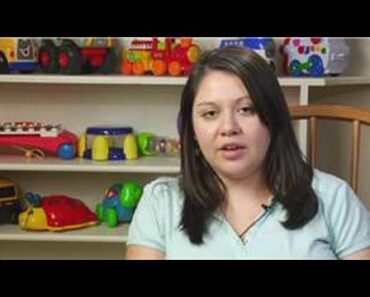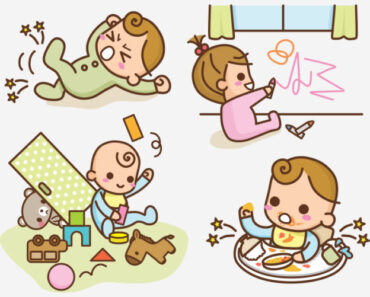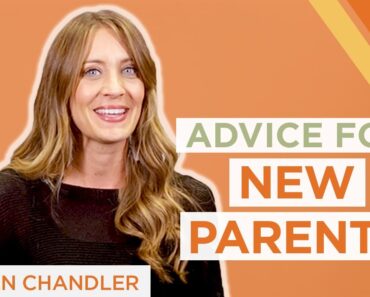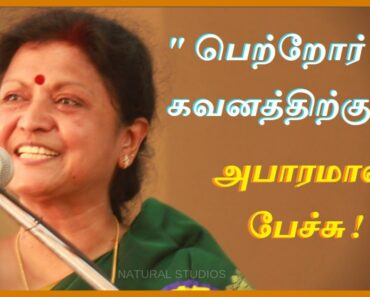I know we’re all used to saying “breastfeeding,” but as a lactation consultant, I believe that inclusive language is vital.
Last month, in my first virtual meeting with a new client, I asked them how they identify and what they call their anatomy. Their baby was three weeks old. They were surprised I even asked them, because ever since conceiving, all of their other healthcare providers have failed to do so at each opportunity. The client shared that they identify as non-binary and refer to their feeding anatomy as their chest (not their breasts). They then got a bit flushed and choked up, and I began to think, as their lactation consultant, Maybe I messed up. But no, as it turns out, this parent was getting emotional because they finally felt seen, for the first time. Being acknowledged in this way brought up the pain of the countless times they weren’t able to express themselves, their identity and their needs.
The parenting sphere can be wildly heteronormative, which can make queer parents feel invisible and unwelcome, over and over again—often unintentionally. Simply by being curious and asking two super simple questions, I made someone’s experience as a sleep-deprived new parent a hell of a lot more meaningful.
I know that breast/chest/bodyfeeding may not roll off the tongue, but the story above illustrates why this language revamp is vital.
So wait, what is chestfeeding?
Good question! Chestfeeding or bodyfeeding can refer to feeding your baby milk directly from your body. This term is used by people who don’t identify their anatomy with the term “breast.” Some people prefer to say chestfeeding, and some say bodyfeeding. They are fairly interchangeable, though many non-binary people, trans folks, women and men may prefer one term over the other.
Some people may also use the term chestfeeding to refer to using a feeding tube attached to the nipple, also known as a supplemental nursing system.
Why do I use the term chestfeeding or bodyfeeding, along with breastfeeding, when discussing the transfer of human milk?
The short answer is, so that everyone is included, as they should be. Full stop.
With the addition of chestfeeding or bodyfeeding alongside the word breastfeeding, I widen the scope of who I’m talking to; I include all parents who are feeding their little ones in this way rather than narrow in on one population. It’s a small gesture that can make a huge difference. I’m in no way interested in being a discriminatory gatekeeper to health services, and language really matters in this situation. So I make the effort to let people know that I work for anyone who needs help with infant feeding.
Who is a chestfeeder?
Anyone can use this term. However, those who prefer the term chestfeeding or bodyfeeding are often non-binary or trans people who may not align with the term breastfeeding due to their gender, or who may have a dysphoric relationship to their anatomy. To many, it feels more neutral than “breastfeeding” or “nursing.” Chestfeeders can also be cisgender women (those who were assigned female at birth, and identify as female) who have a complicated relationship with their mammary glands, perhaps due to past trauma, which leads some to assign different language to their chest.
Chestfeeding can also refer to cisgender men or trans women who use a feeding tube at their nipple to provide their babies with milk (whether formula, their partner’s human milk or donated human milk), or to those who are able to lactate and feed their infants human milk. (Yes, those assigned male at birth can sometimes lactate.) There’s also the ability to soothe an infant without milk: When our daughter was born, my partner, who has had top surgery, was able to comfort her with non-nutritive sucking.
Why should I care?
Being a brand-new parent is hard. We’ve all been there—and it can be rough! Being a newbie is not always fun, and it renders a lot of us quite vulnerable. Now imagine, you’re a new parent looking for educational material and support around infant feeding because things aren’t coming together, and you’re panicking. When you start searching online for a lactation consultant or support group, and everything you come across doesn’t resonate with your experience, you might feel pretty alone, unseen and unacknowledged. So now, in addition to feeling panicked about your feeding situation and infant’s health, you feel unwelcome by the community at large. All parents deserve expert, relevant support at their most vulnerable times no matter how they describe their anatomy.
What if I feel that the term chestfeeding or bodyfeeding undermines my own experience of breastfeeding?
Without sounding too harsh, this isn’t about you. You don’t have to begin referring to your own feeding experience as chestfeeding if you don’t want to. You can continue referring to your own experience in any way that you want—no one is trying to shift this or take that away from you. But the terms bodyfeeding and chestfeeding can be used in addition to breastfeeding.
However, when discussing this type of feeding in general, it’s best practice to include everyone who may be in the room. If you’re with a group of parents, let’s say at a parenting group, why not use language that validates how someone moves through this experience? This will acknowledge that you welcome them into the space. Also, hot tip: don’t conclude that just because someone is female presenting (in your opinion) that they must also identify that way. Wait to hear how others refer to their own experience and their own bodies prior to assuming and failing to use inclusive language.
It’s OK if this is news to you—I didn’t start off knowing this stuff, either.
I’m a queer mom, but when I met my partner, I had never dated a woman. I wasn’t well versed in inclusive language and I didn’t have a great grasp of the history of LGBTQ2S+ people. Through life experience, enrolling in LGBTQ2S+ inclusivity courses for healthcare providers, and listening to stories of lived experience, I slowly came to a place of better understanding, compassion and fierce allyship. The queer population has faced undue hardship and discrimination historically (and currently) and the last thing they need is to feel unseen and unwelcome when they begin the challenging transition from non-parent to parent. It may sound like a cliché, but learning inclusive language is a journey, not a destination, and I am still travelling.
It is totally OK to be curious.
If you’re interested in learning more about the experiences of folks who chestfeed, great! This is the best way to normalize and incorporate this concept. Seek out the stories of parents who chestfeed/bodyfeed. The lived experience of others will bring this to life a heck of a lot better than I can. Even though I’m a queer breastfeeding mom, a lactation consultant with a very inclusive practice, and a registered nurse (I work in community health), I still have not lived this experience myself. So listen to the narratives of badass parents who have, and try to understand their realities.
What you might find is that—spoiler alert—they have a lot in common with you. All parents are tired; we’re all looking forward to 8 p.m. when the kids are finally tucked in; none of us feel like doing the dishes; and we’re all just doing our best. Chestfeeding parents are on a very similar journey to you in a lot of ways—they just use a different term to describe how they feed their babies. It’s truly No. Big. Deal.
Happy feeding!

































